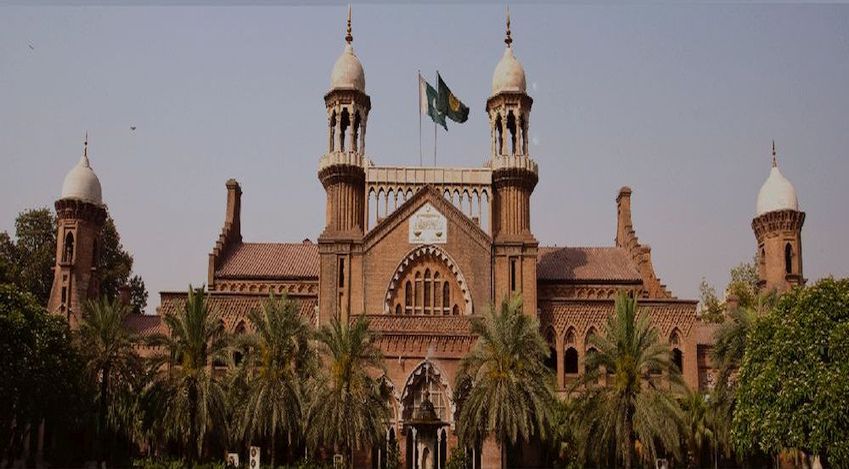Fathers cannot be burdened beyond their Financial Means, as this would amount to Financial Oppression --- Lahore High Court, Lahore
Islamabad 18-01-2025: The Lahore High Court (Rawalpindi Bench) has delivered a significant judgment in the case of Mansoor Ali Vs. Mst. Anam Hussain, etc. [Writ Petition No. 819 of 2020], addressing key issues related to maintenance obligations, dowry depreciation, and adjustments in maintenance based on financial circumstances. The ruling is expected to have widespread implications for family law cases in Pakistan.
The Court reiterated the religious and legal obligation of fathers to provide maintenance for their children, commensurate with their financial capacity. This includes food, lodging, education, and other essential expenses. The Court highlighted that maintenance is both a moral and legal duty under Islamic law, with the Family Courts Act, 1964, providing an explicit legal framework.
Mr. Justice Anwaar Hussain emphasized the need to strike a balance between the financial capacity of the father and the needs of the child. Maintenance amounts cannot be arbitrarily fixed to penalize the father, nor should they neglect the child’s welfare. Courts must base their decisions on cogent evidence, including income statements, tax records, and other financial documents.
The judgment clarified that maintenance is not a static obligation and may be adjusted, whether increased or decreased, based on the father’s changing financial circumstances. The Court held that fathers cannot be burdened beyond their financial means, as this would amount to financial oppression.
The Court ruled that depreciation in the value of dowry articles during the pendency of a suit cannot be imposed on the wife if the husband fails to admit the claim promptly. Such delays by the husband cannot result in penalizing the wife for the value of her belongings.
Addressing a procedural issue, the Court criticized the Appellate Court for refusing to admit evidence regarding the Petitioner’s reduced financial circumstances. It held that Appellate Courts should adopt a liberal approach in admitting such evidence to ensure Justice.
The Court partially set aside the findings of the appellate Court, remanding the matter for reconsideration of the maintenance of the minor and the alternate value of dowry articles. The appellate Court was directed to decide the matter expeditiously, within two months.
Powered by Froala Editor








